Euthyphro
Euthyphro
In the Euthyphro, Socrates is awaiting his trial for impiety. But before the trial begins, Plato would like to put the world on their trial, and convince them of ignorance in that very matter touching which Socrates is accused. An incident which may perhaps really have occurred in the family of Euthyphro, a learned Athenian diviner and soothsayer, furnishes the occasion of the discussion. Translated by B. Jowett.
Book Excerpt
thyphro replies, that all these difficult questions cannot be resolved in a short time; and he would rather say simply that piety is knowing how to please the gods in word and deed, by prayers and sacrifices. In other words, says Socrates, piety is 'a science of asking and giving'--asking what we want and giving what they want; in short, a mode of doing business between gods and men. But although they are the givers of all good, how can we give them any good in return? 'Nay, but we give them honour.' Then we give them not what is beneficial, but what is pleasing or dear to them; and this is the point which has been already disproved.
Socrates, although weary of the subterfuges and evasions of Euthyphro, remains unshaken in his conviction that he must know the nature of piety, or he would never have prosecuted his old father. He is still hoping that he will condescend to instruct him. But Euthyphro is in a hurry and cannot stay. And Socrates' last hope of knowing the nature of piety before he is prosecu
Editor's choice
(view all)Popular books in Philosophy, Classic, Fiction and Literature
Readers reviews
5.0
LoginSign up
Great book, writing a paper on it and forgot it in class.
- Upvote (0)
- Downvote (0)
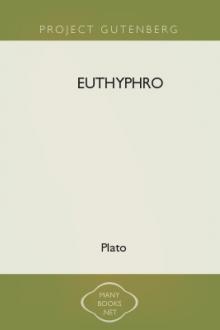
 Free Download
Free Download























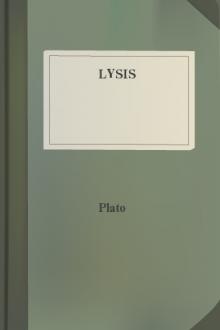
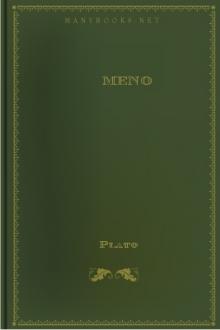
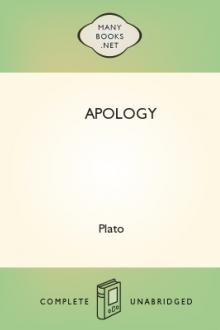
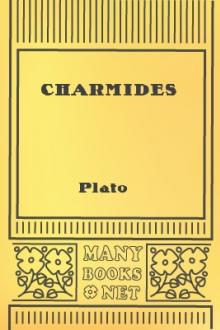

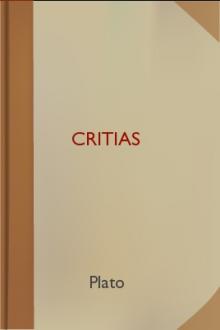
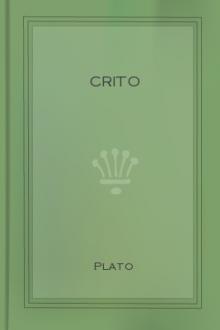
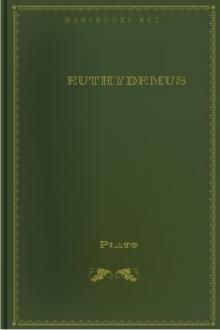
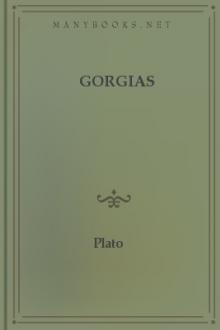
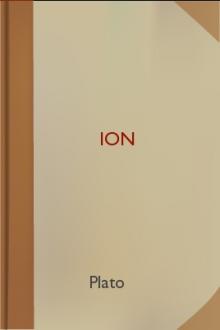
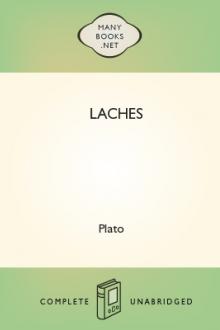
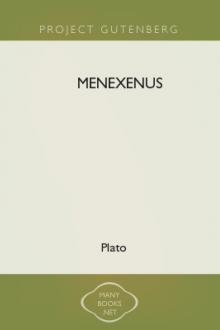
-itok=vcKIB5v1.jpg)